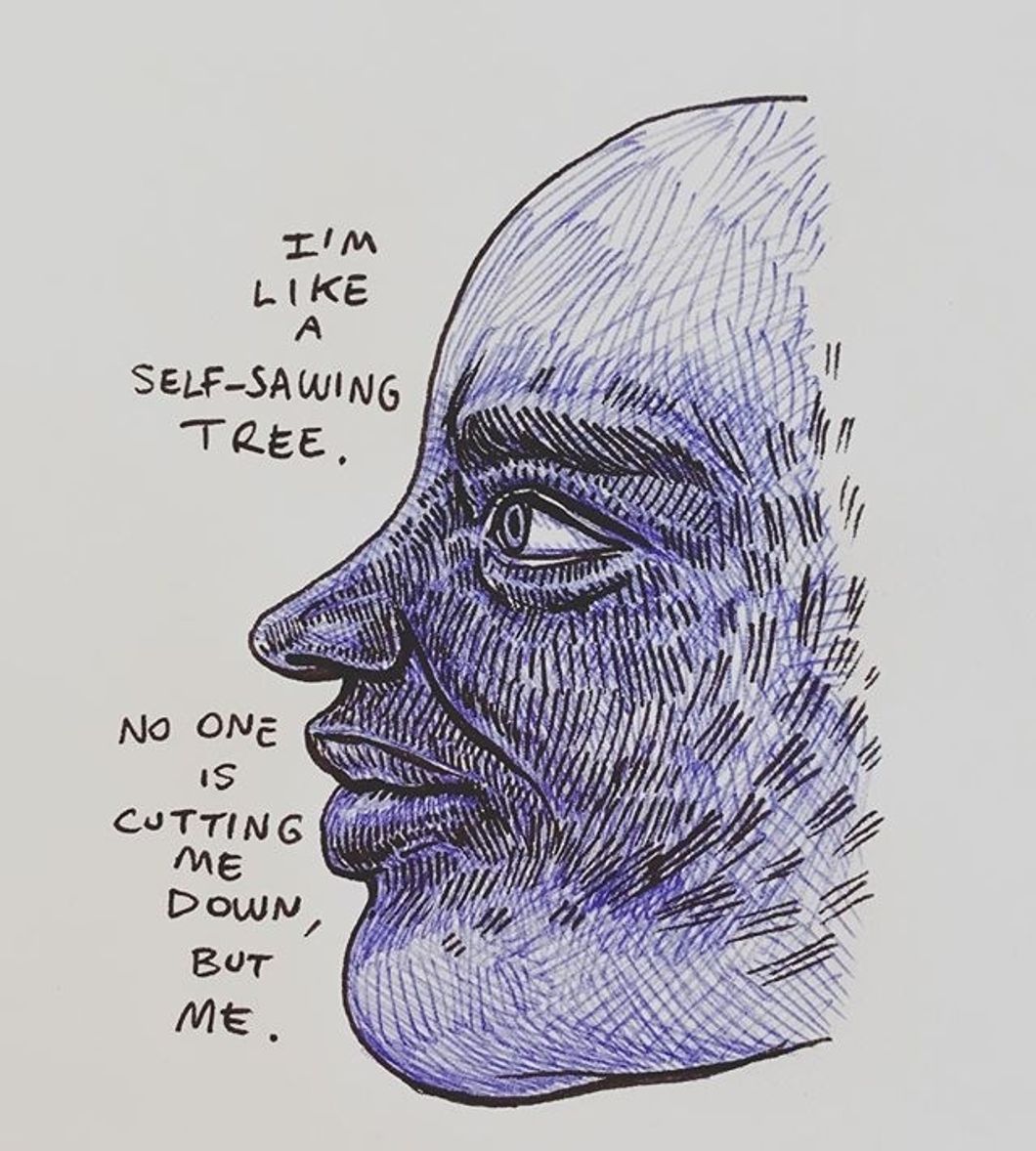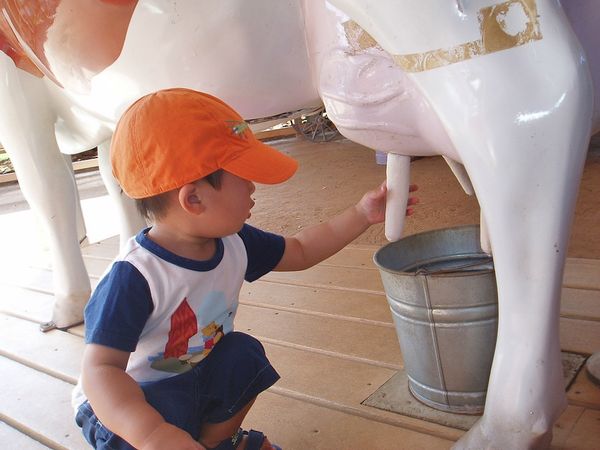We all really value someone with the ability to take a joke. It's kind of instilled at a really young age like it's an integral aspect to basic social skills. What's that saying – "don't dish it out if you can't take it?"
Of course, a well-placed, self-deprecating joke can be appropriate from time to time. But it also seems like those of us part of younger generations have ended up building an entire sense of humor off of these kinds of self-jabs.
Some of us are known for it.
While at the end of the day, we can all simply recognize these for what they are, they tend to be signs of lower self-esteem and image.
And, I mean, to the individual, it may actually be kind of clever. Using parts of yourself that perhaps you may not be so fond of in order to get a laugh, be charismatic, grow on people, and eventually become well-liked. That's not such a bad idea.
But, the biggest issue with this approach to one's sense of humor isn't even outwardly. It's not exactly that people will begin to believe what you joke about. Well, they could get a clearer perception of the insecurities we all seem to have, just in a more recognizable fashion. But still, no, it's a self-concerning issue.
Once we build dependency on this type of humor, we may feel obligated to maintain it, even if we don't believe it inwardly. We present ourselves with less confidence, and therefore, we may begin to feel that way as well.
What we project into the world is powerful and usually consistent with what we truly believe.
If it happens to be the other way around, our self-perception could be vulnerable to the negativity we throw around so lightly and abundantly. A joke is not worth that risk. And, even if we use this language so commonly with ourselves, of course, there is the potential for others to adopt it as well.
Both negativity and positivity are incredibly contagious, but it's ultimately up to you which you should choose to spread to the world.
For those of us who just use self-deprecating language unintentionally, it points to a sort of systematic approach to what we hold internally. "[A] habit of self-deprecation could just be the top of the iceberg," one with which we are sometimes very avoidant.
As trivial as it may seem, integrating positive language or simply excising the negative from our vocabulary does something for us subconsciously. We may not immediately believe all that we say about ourselves, but preventing the physical manifestation of the tension we carry within is just another way to starting to cut it in the direction of its roots.
Self-deprecation presents itself merely as a little bad habit, but its causes can be serious, affecting afflictions. It's not the equivalent of biting your nails or incessantly snacking on "junk" food; it's a way of showing others how you really feel about yourself. And, replacing it with a positive alternative simply has its way of seeping back in.



















